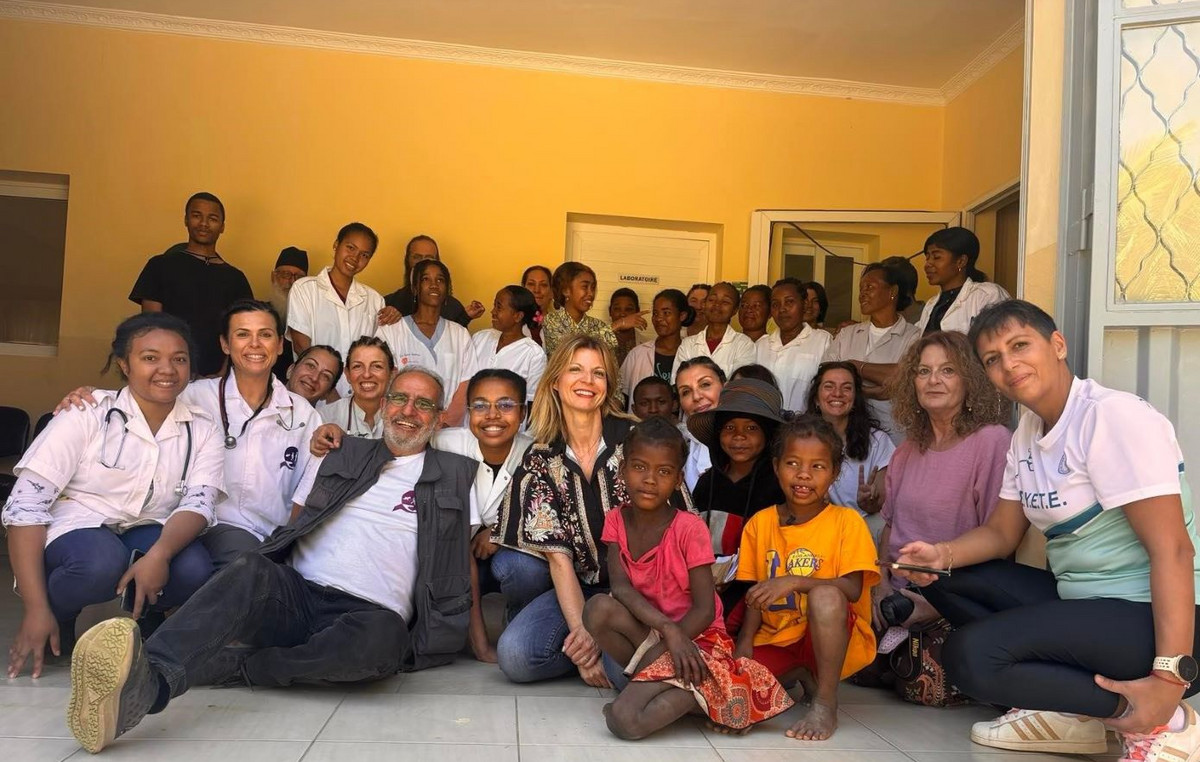A International Astronomical Union's Minor Planet Center announced that new moons were found in our Solar system . Natural satellites were identified in Uranus and Neptune , increasing the number of moons of these planets to 28 and 16, respectively .
“The three recently discovered moons are the hardest to see ever found around these two icy giant planets using ground-based telescopes,” explained Scott S. Sheppard of Carnegie Science. “It took a special image processing to reveal objects so difficult to see.”
The moons still were not officially named but in accordance with lunar naming conventions for both planets, the new moon of Uranus will receive a name from the Shakespeare's works and the moons of Neptune will be appointed in tribute to the Nereids goddesses of the sea in Greek mythology.

The new moons
Uranus's new satellite, provisionally called S/2023 U1, is just 8 kilometers in diameter and is probably the smallest of its moons, taking 680 days to orbit the planet.
It was first seen in November 2023 using the Magellan telescope at Carnegie Science's Las Campanas Observatory in Chile. It took a month of observations and the use of older images, captured in 2021.
Neptune's brightest moon, tentatively named S/2002 N5, is about 23 kilometers across and takes almost 9 years to orbit the icy giant. The hardest satellite to see, named S/2021 N1, is about 14 kilometers in diameter with an orbit of almost 27 years.
These moons were also seen for the first time in 2021 with the Magellan telescope and studies were repeated in the following years to confirm the findings of the hard-to-see object.
But what is a moon?
According to NASA, natural satellites can have different shapes, sizes and types and most were probably formed from the disks of gas and dust that surrounded the planets.
There are hundreds of moons in our Solar System, but this is not the rule for all stars. Among the terrestrial planets, Mercury and Venus have no moons, Earth has only one and Mars has two small moons.
Discover the planets of the Solar System
Source: CNN Brasil
Charles Grill is a tech-savvy writer with over 3 years of experience in the field. He writes on a variety of technology-related topics and has a strong focus on the latest advancements in the industry. He is connected with several online news websites and is currently contributing to a technology-focused platform.







